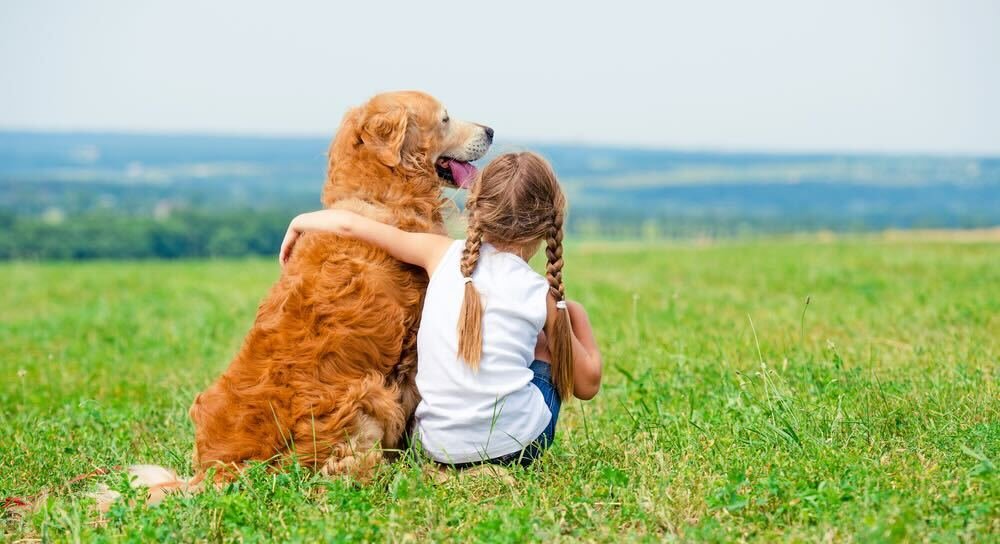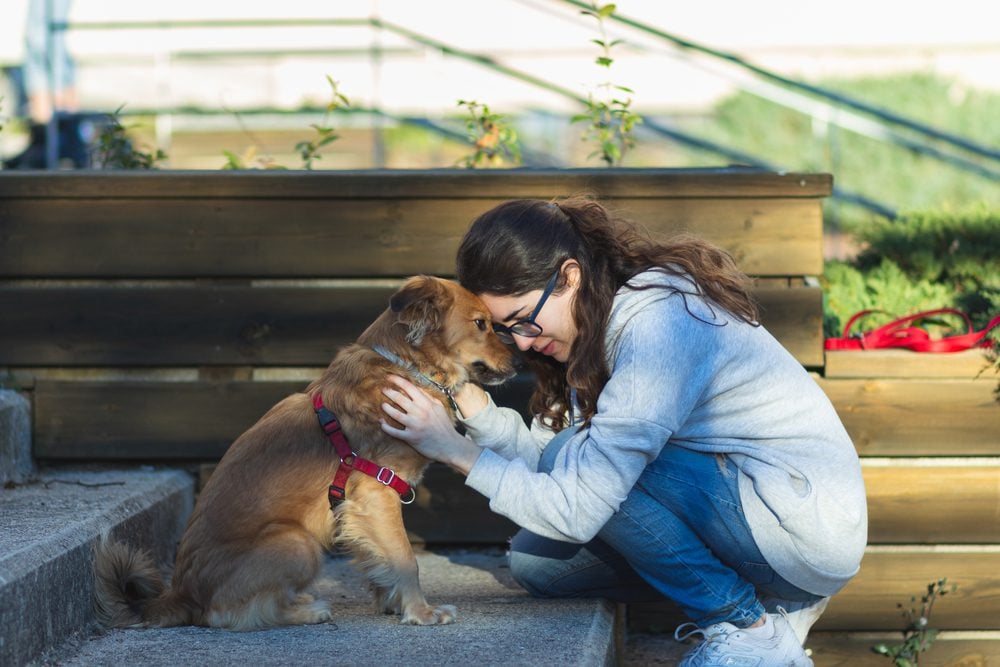
Dog Obedience Classes for Rescue Dogs: A Complete Guide
Share
When adopting a rescue dog, it's crucial to consider enrolling them in dog obedience classes for rescue dogs. These classes are not just about teaching basic commands; they're about building a foundation of trust and communication between you and your furry friend. Several studies and experts emphasize the importance of early and diverse training for rescue animals, which is often overlooked in conventional dog ownership advice. By focusing on obedience training, pet owners can significantly enhance the relationship and health of their pet.
For many health-conscious pet owners, understanding and investing in these classes can ensure their adopted pets lead a more fulfilling and stress-free life. As we delve into the topic of dog obedience classes for rescue dogs, we'll explore the benefits, training techniques, and tips for selecting the best class for both you and your pet.

Why are Obedience Classes Essential for Rescue Dogs?
Rescue dogs often come with a history that can affect their behavior. Some may have been through traumatic experiences or lacked proper socialization and training, which is why dog obedience classes are highly beneficial. These classes offer structured guidance that helps address behavioral challenges while reinforcing positive habits.
Incorporating consistent obedience training can reduce stress levels in dogs, leading to improved overall health. It can also help in addressing anxiety-related problems, thus promoting not only physical but also mental well-being of the pet. A well-trained dog is often healthier and less prone to stress-induced illnesses.
Building Trust and Confidence Through Training
These classes serve as a crucial tool in building trust between the owner and the dog, which is particularly essential in rescue situations. With positive reinforcement techniques, owners can effectively communicate their expectations, helping their pets build confidence in their new environment. For detailed tips on training a well-mannered dog, check out this training guide.
Choosing the Right Obedience Class
Selecting the right obedience class can often make a significant difference in the journey of a rescue dog. Its important to choose a class that aligns with your dogs specific needs, temperament, and personality. Additionally, the quality and methods of the trainer play an essential role in shaping the dogs learning experience.
When looking for options, consider visiting the Dog Obedience Classes Near Me article that provides a comprehensive look into available classes in your locality.
Key Features to Look for in a Class
Effective dog obedience classes prioritize a mixture of theory and hands-on practice. Trainers should use positive reinforcement techniques, and the classes ought to be adaptable to cater to individual dogs learning styles.
Furthermore, the environment should be conducive to comfortable learning for the dogs, free of fear or negative reinforcement techniques. If unsure, resources like this Blue Cross article on dog and puppy training can provide valuable guidance on what to expect.
Common Training Challenges and Solutions
While obedience classes are instrumental, rescue dogs might face unique challenges during training. Some common ones include fear-based aggression, anxiety, and difficulties in socializing with other dogs or humans. It is crucial for trainers and pet owners to exhibit patience and understanding throughout the process.
According to experts, gradual exposure to different environments, coupled with consistent reinforcement of good behavior, can help mitigate these issues. For those struggling with specific behavioral concerns, exploring options like Best Dog Training Collars could provide additional support.
Patience is Key
The journey with a rescue dog requires commitment and patience. Remember, progress might be slow initially, but with perseverance, the results are often rewarding for both the pet and the owner.
The Impact on Your Pets Overall Health
A well-behaved dog is less likely to encounter injuries or engage in behaviors detrimental to their health. Training can also enhance their social skills, allowing for more enjoyable interactions with other dogs and humans.
By investing time and resources into dog obedience classes for rescue dogs, owners are directly contributing to their pets' longevity and quality of life. It fosters a harmonious living environment and ensures the dog feels secure and understood.
Fostering Healthier Habits
Training encourages regular physical activity and mental stimulation, which are crucial components for a healthy dog. Structured obedience training sessions provide an excellent opportunity for exercise and bonding.
For those interested in further exploring the benefits of training and its impact on pet health, take a look at the Dog Obedience Classes for Small Dogs for insights tailored to smaller breeds.
Conclusion
Incorporating dog obedience classes for rescue dogs into your pet care routine offers a wealth of benefits. These classes bridge communication gaps and build trust, fostering a healthier and more enjoyable relationship between you and your dog. By understanding the importance of these classes, pet owners are empowered to make informed decisions that best suit the needs of their canine companions.
For further information on how to start training your puppy or for more in-depth tips, consult the instructional piece on MasterClass Dog Training Guide.

Frequently Asked Questions
1. What are the key benefits of enrolling my rescue dog in obedience classes?
Obedience classes help address behavioral challenges, promote health through structured activity, and strengthen the owner-pet bond, making the transition into their new home smoother.
2. How do I know if a particular obedience class is right for my dog?
Choose a class that suits your dog's temperament and needs, with trainers specializing in positive reinforcement techniques and providing an adaptable curriculum for varied learning styles.
3. What should I do if my rescue dog faces challenges during training?
Have patience and work consistently with gradual exposure and positive reinforcement. Seek professional advice if necessary, and use tools like guides on dog training for support and solutions.
This article contains affiliate links. We may earn a commission at no extra cost to you.
